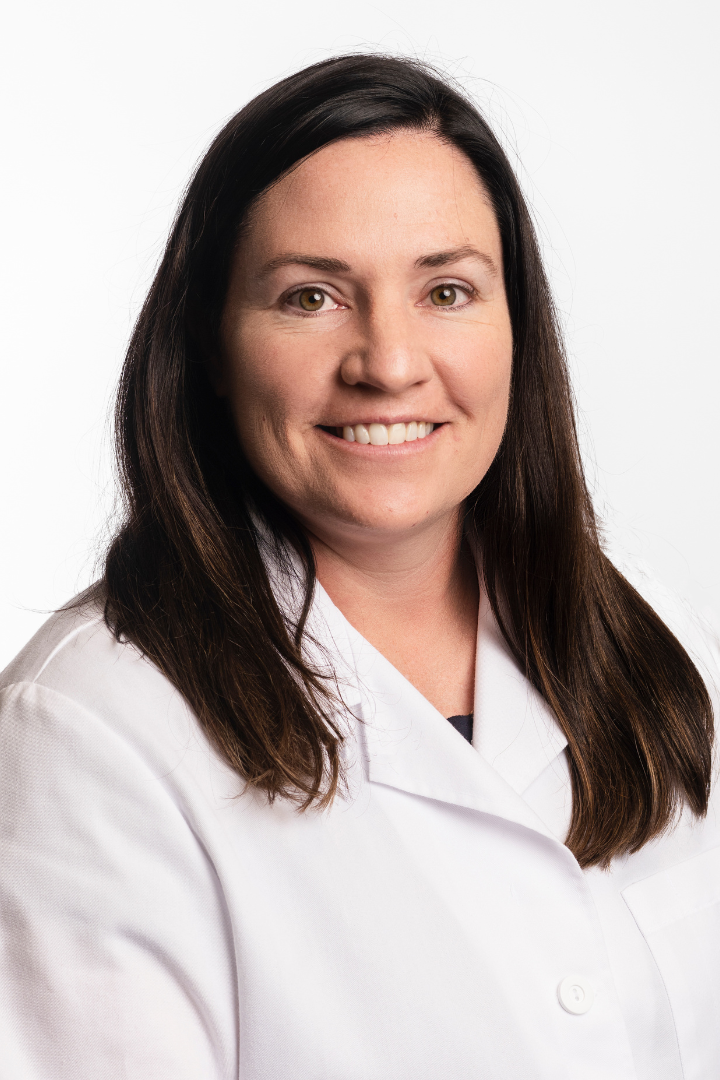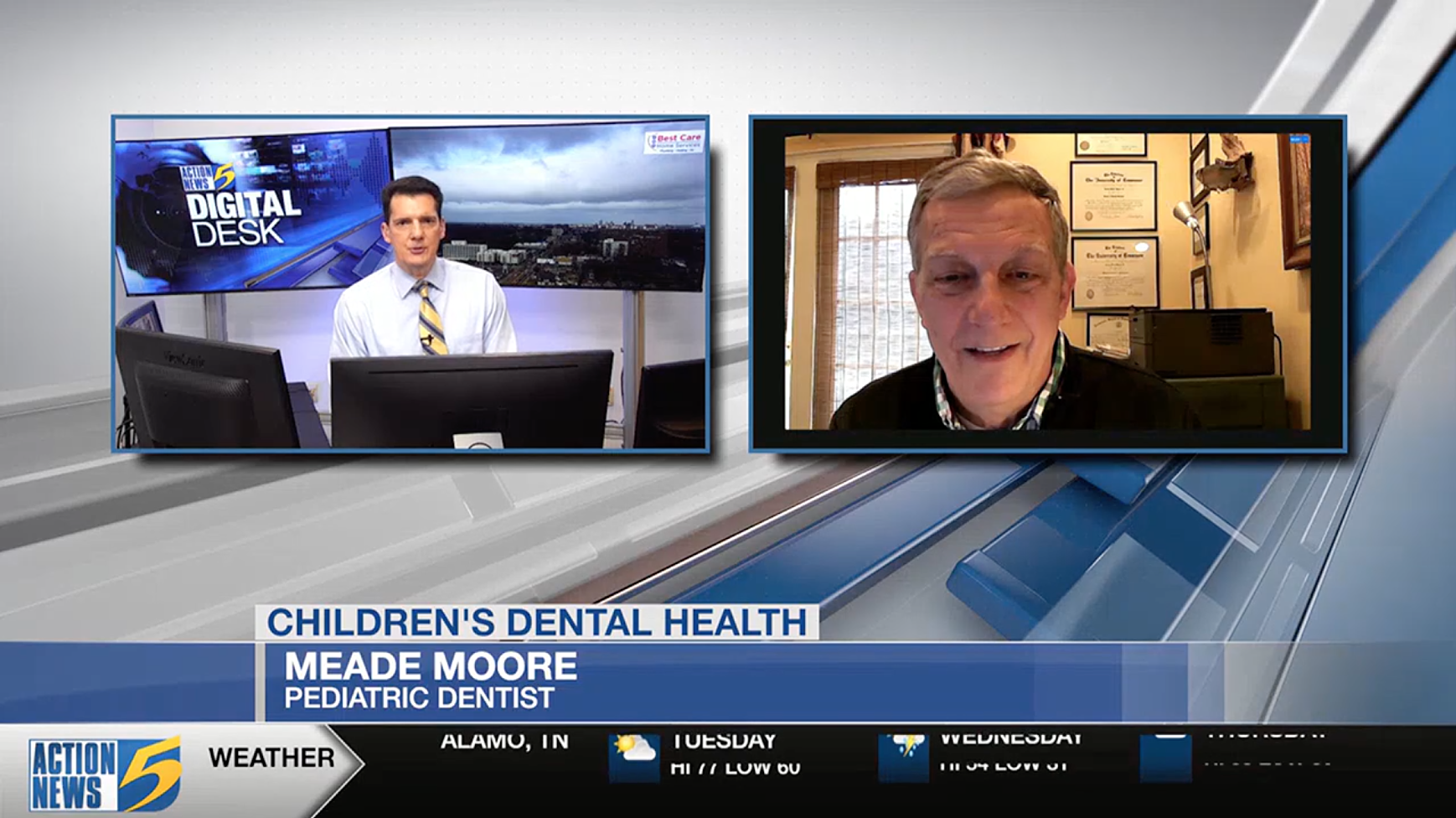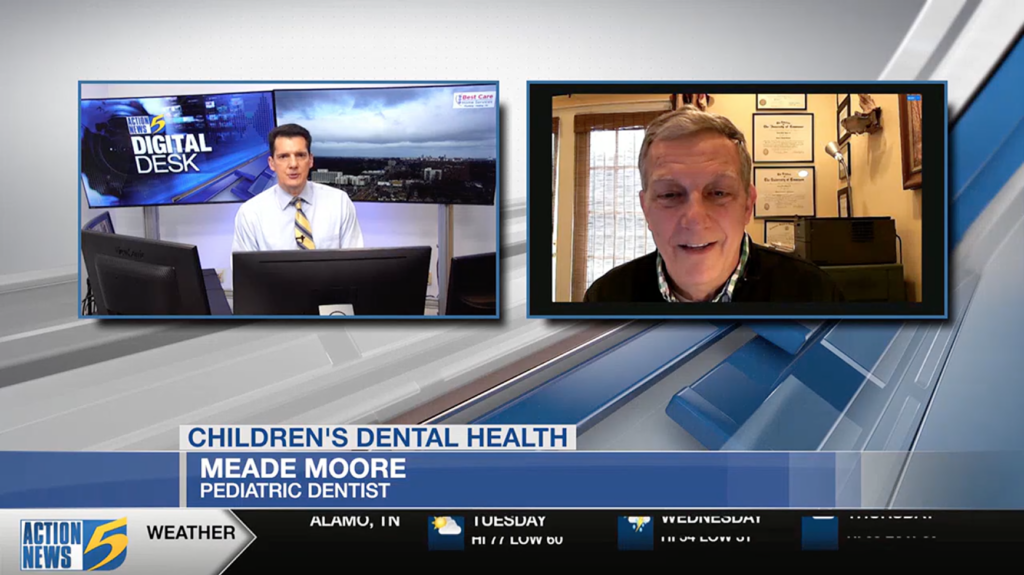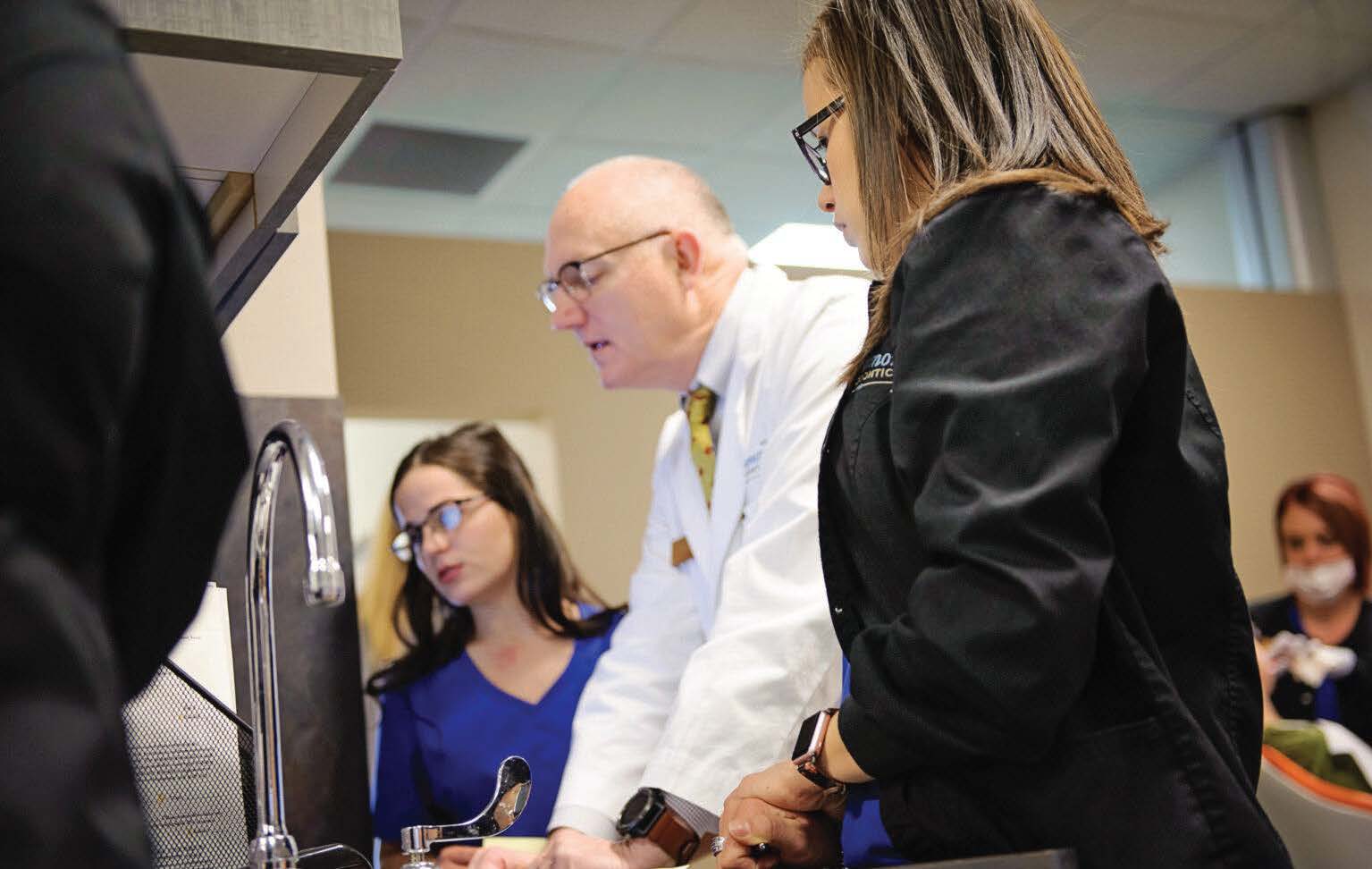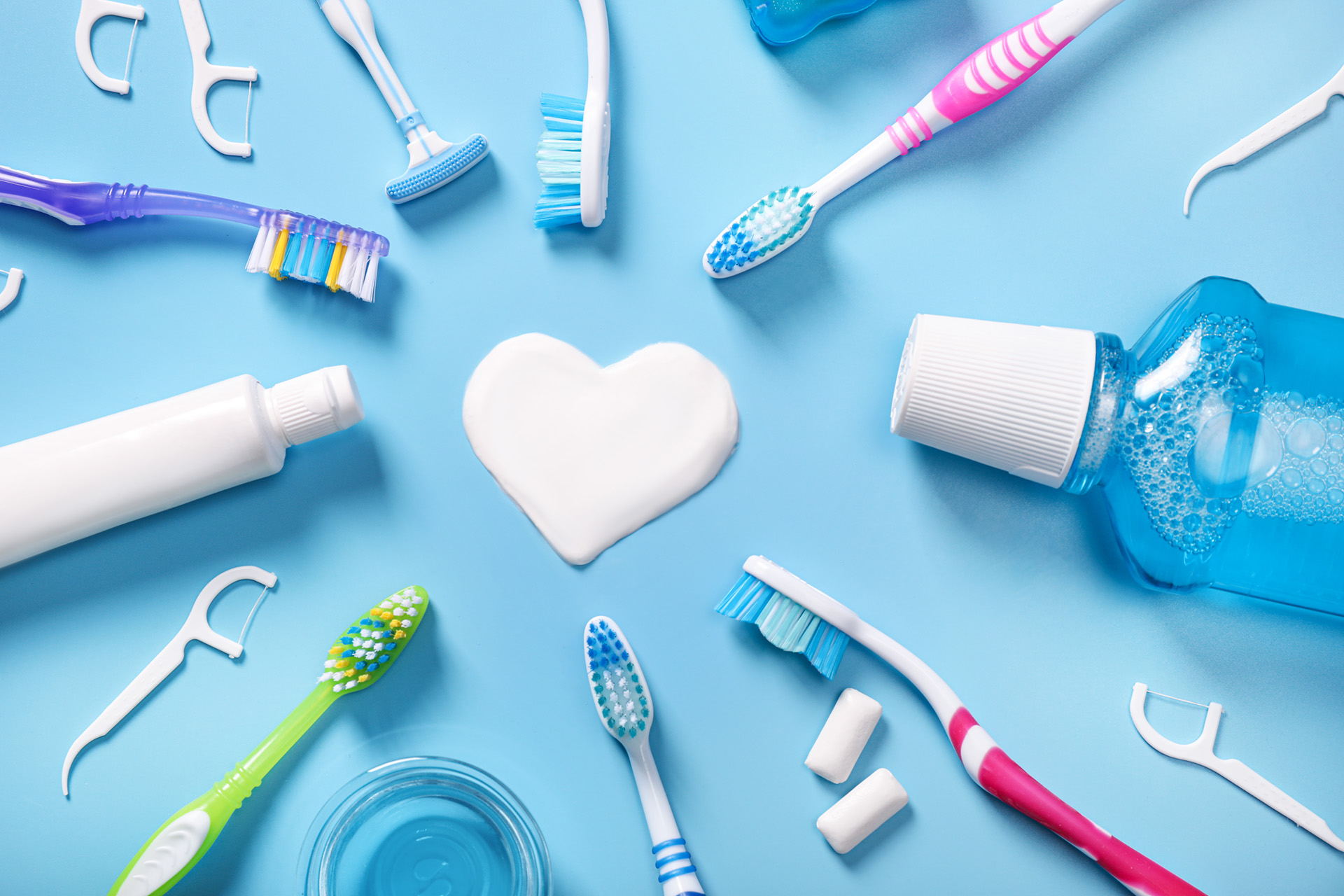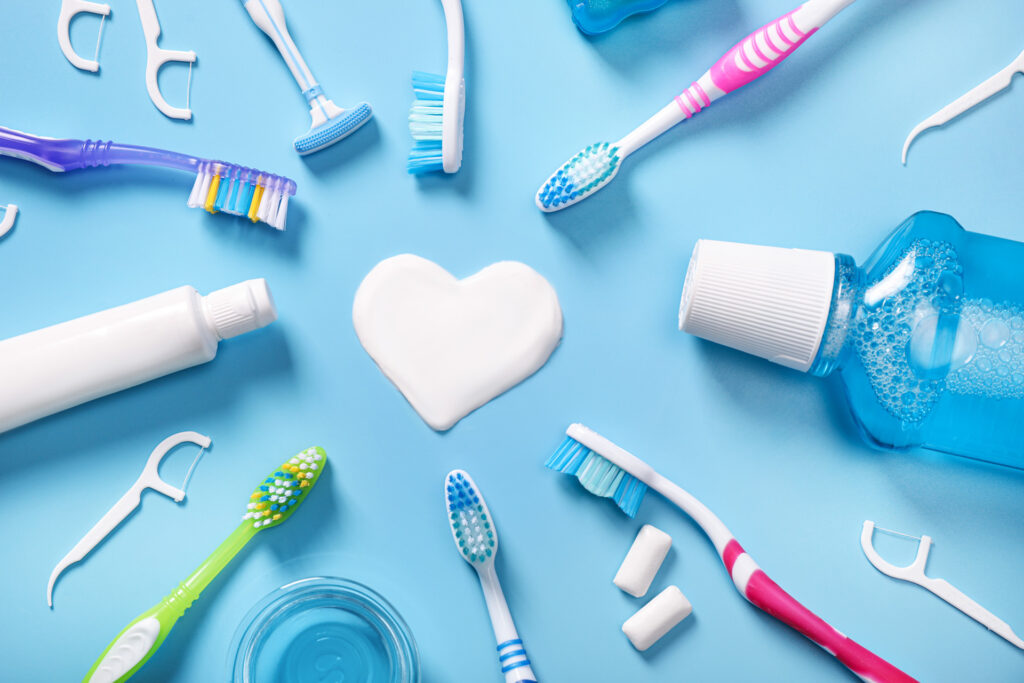Embarking on the path to your child’s radiant smile starts early, with the first tooth marking a crucial milestone. As we celebrate National Children’s Dental Health Month (NCDHM) this February, the importance of early dental care becomes even more evident. The American Association of Pediatric Dentists recommends that parents have a dentist in mind for their child by the time they celebrate their first birthday. Our commitment to children’s dental health extends to sharing valuable insights. Throughout this journey, we will explore establishing healthy habits, the significance of orthodontics, and practical tips to nurture your child’s dental and overall well-being.
Establish Healthy Habits Early:
Recognizing that children with cavities in their baby teeth are three times more likely to develop cavities in their adult teeth emphasizes the need for early intervention in children’s dental health. As a parent, you play a pivotal role in promoting healthy dental habits from the onset of your child’s dental journey. For infants, cleaning their gums with a clean cloth after feeding sets the foundation. Once baby teeth emerge, instill the habit of brushing twice a day with fluoride toothpaste. While they may not be experts immediately, your guidance ensures a successful transition. For children under six, supervise their brushing, emphasizing the use of a pea-sized amount of toothpaste to avoid swallowing.
Good Habits Require Discipline:
Prioritizing your child’s oral health through regular check-ups and instilling age-appropriate dental hygiene habits is crucial in maintaining children’s dental health. Shockingly, nearly 56 percent of U.S. children ages 6-8 have untreated cavities, underscoring the importance of preventive measures. Poor oral health not only causes pain but can be financially burdensome for families. Moreover, kids with poor oral health are statistically more likely to miss school and perform poorly in the classroom, as noted by CATCH Healthy Smiles.
Adults Make the Best Role Models:
Children learn by example, and your healthy dental habits play a vital role in shaping theirs. Emphasize that cavities aren’t solely caused by sugar; carbohydrate-heavy diets can also contribute. Lead by showing your love for teeth-friendly foods and encourage the switch from sugary drinks to water. Establish a routine that includes flossing and waiting 30 minutes after meals before brushing to protect enamel. Create a fun atmosphere by incorporating a playlist of two-minute songs for your child’s brushing time, emphasizing the joy of maintaining good habits.
Linking Dental Health to Overall Well-being:
Digital Footprint and Real-life Connections:
In the age of digital sharing, your child’s smile may be seen by hundreds daily. As we consider our digital footprint, it’s crucial to think about real-life connections. A child’s reluctance to smile for pictures may indicate potential issues affecting their day-to-day school life. Embarrassment, discomfort, or other dental concerns could be influencing their interactions with friends, peers, and teachers.
Prioritizing Your Child’s Health:
During this vital developmental stage, prioritizing your child’s health is paramount. Dental health significantly impacts psychological and overall well-being, emphasizing the importance of pediatric dentists. Starting your child on Phase I treatment is a transformative step that can make a substantial improvement in their life. Seeking Phase I treatment from a trusted pediatric dentist is the first step in this journey.
Join the Movement:
As National Children’s Dental Health Month unfolds, millions of parents across America are scheduling Phase I orthodontic appointments for their children, taking proactive steps to protect their dental, mental, and overall well-being. After all, watching them smile is one of life’s greatest joys.
The journey to nurturing your child’s smiles involves establishing healthy habits, addressing general dental care, and recognizing the importance of orthodontics and pediatric dentists. By prioritizing their oral health, you contribute to their overall well-being, confidence, and a lifetime of joyful smiles. As February, National Children’s Dental Health Month, unfolds, let’s join the movement towards proactive dental care for our children, ensuring they carry their smiles with pride and health.











